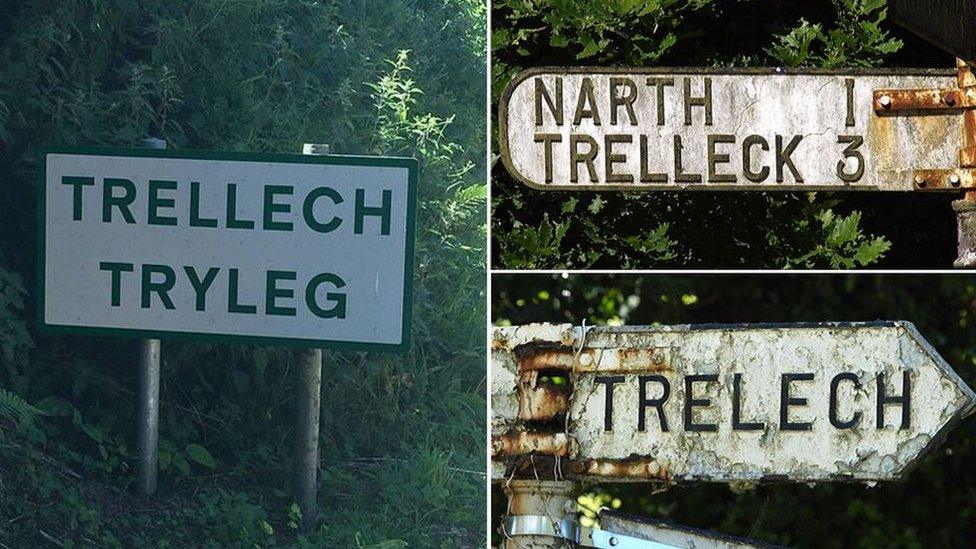National Eisteddfod: Lion King song name fires language drive
- Published

The Lion King proved so popular it was turned into a stage musical in 1997
Hakuna Matata is a Swahili phrase that means "no worries" and features as a song in Disney's The Lion King.
But there are many worries about it replacing Banc y Cornicyll as the name of a piece of land in Carmarthenshire.
So much so, Welsh language society Cymdeithas yr Iaith Gymraeg has extended its Diogelwn (Protect) initiative.
The scheme was devised to protect Welsh names for houses, but will now include Welsh names for pieces of land.
Diogelwn was launched in 2021, and focused on helping home owners put clauses in sale documents to safeguard Welsh language house names.
"The scheme exists because there is a call for it, and because the Welsh have a long tradition of self-help," said lawyer Simon Chandler.
"We're all concerned about the loss of Welsh names, and we're all keen to see legislation by the Welsh government which protects those names by statute."
At this year's the National Eisteddfod in Tregaron, it was announced the scheme will also now aim to protect Welsh language be extended to areas of land.
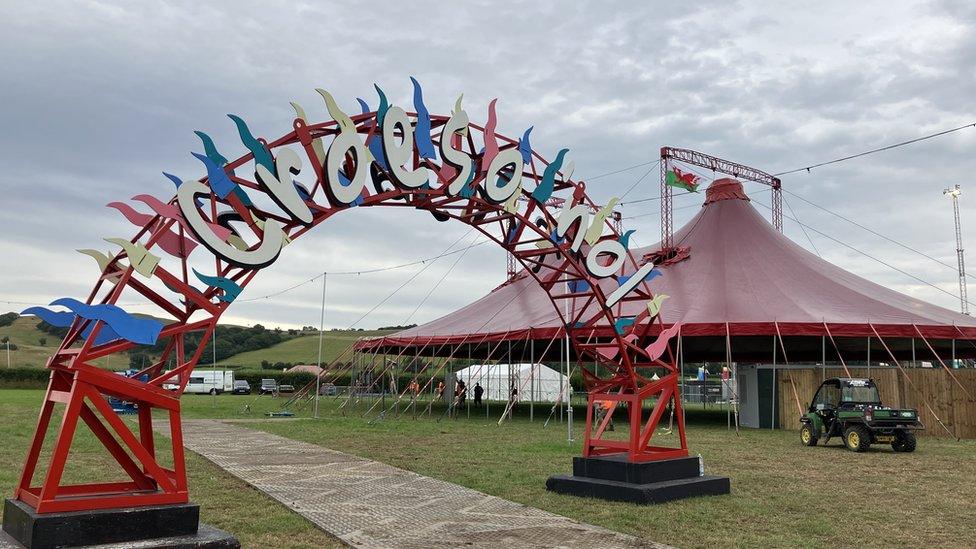
A "welcome back" arch at the National Eisteddfod - the celebration of Welsh language and culture returns after a Covid-enforced absence
Mr Chandler devised the original clauses and documents after poet and author, Sian Northey, turned to social media in June 2021 to ask if it was possible to protect the Welsh name of her house that she was selling.
Under the scheme, Cymdeithas yr Iaith Gymraeg has made standard covenants available for home owners selling their property.
Howard Huws, from Cylch yr Iaith group (Language Circle), said while government should act, it was also the responsibility of "every one of us".
"It is part of our fabric as a nation, they're our names on the landscape because the landscape is relevant and important to us," he said at the National Eisteddfod.
"Any threat to that undermines our existence as a nation, and our relationship with the land under our feet, so place names must be protected."
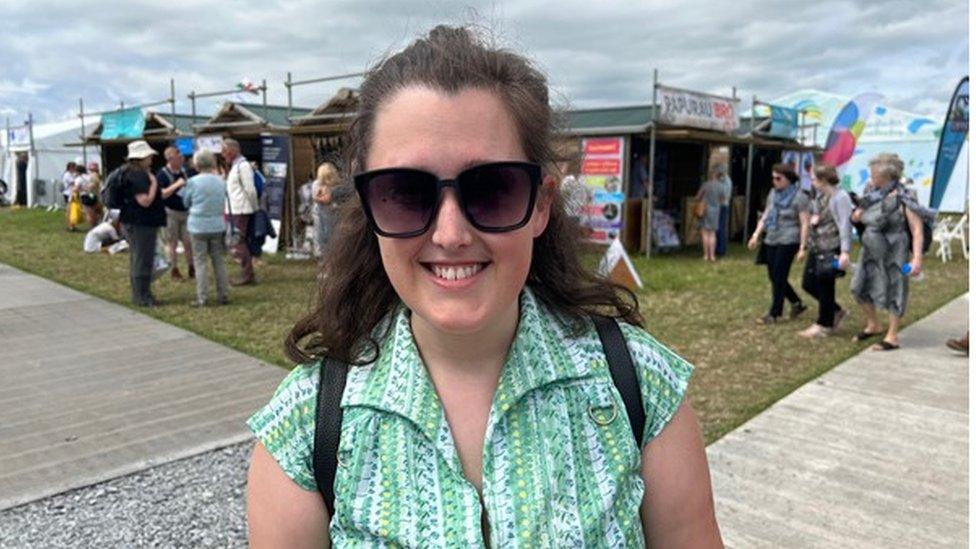
Helen Llwyd believes the practice erases Welsh history
Mr Huws said there were a number of examples of Welsh names being "dislodged" in Snowdonia recently, such as Cwm Cneifion changed to Nameless Cwm, Ffos Clogwyn y Geifr to Devil's Appendix and Llwybr Gwregys to Heather Terrace.
He added: "It happens on mountains and rivers, valleys and islands.
"Place names must be protected by law. That is the only solution to the problem.
"If I go to England or France or Germany, I don't demand that I put my name on their land. It is the same in Wales.
"This isn't something that's done to make it easier for visitors, but rather it gives people a sense that they own the place. But the place is not theirs, the place is ours, and our names are on these places."
Many visitors on the Maes at the Welsh language and cultural festival were in agreement, with Helen Llwyd, 28, from Carmarthen, who said "it erases the welsh heritage and the welsh history".
Wyn Davies, 77, also from Carmarthen, said: "It's disappointing and disgusting that people choose to change the names of houses from Welsh to English because most often and very often the names reflect what the building has been".
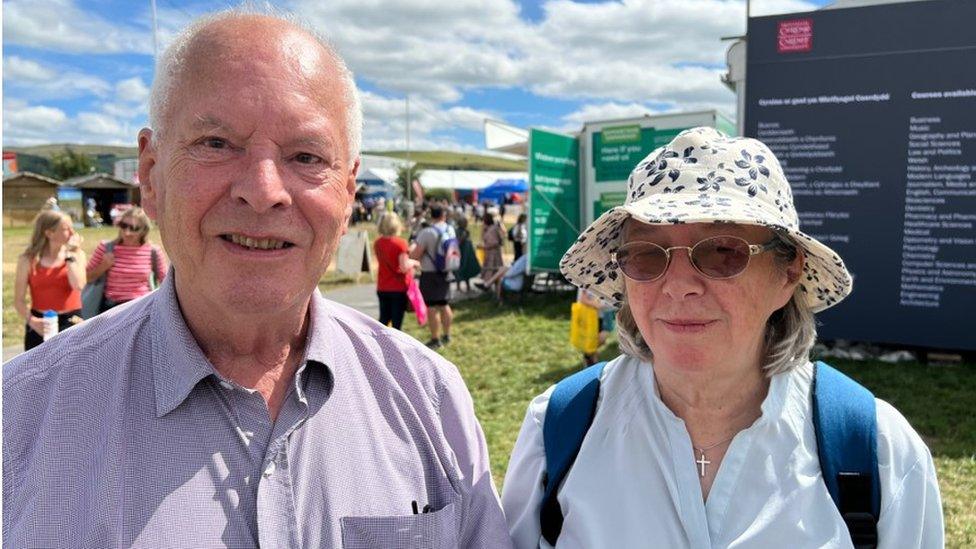
The Landon-Hoggs changed their house name from English to Welsh
However, David, 69 and Anne Landon-Hogg, 65, bucked the trend when they moved to Ceredigion in July 2019.
"We found the house we wanted and it was called Park View," they explained.
"We decided to change it to Ty ar Gynnydd, which means 'house on the rise' because of its beautiful views, and we were now living in Wales for one last adventure."
Sarah Dixon 61, from Cardiff, believes name changing should be banned, adding: "Just embrace it and let it encourage you to find out about your home's history."
Gwenno Ffrancon, 40, said: "I think it has a very detrimental effect on our communities.
"Names that have been there for centuries. Its very problematic for future generations to know the history."

THE WELSH MUSIC SCENE: Bethan Elfyn introduces profiles, sessions and live performances
STEREOPHONICS LIVE: Welsh rock royalty Stereophonics headline the Principality Stadium

- Published15 June 2022
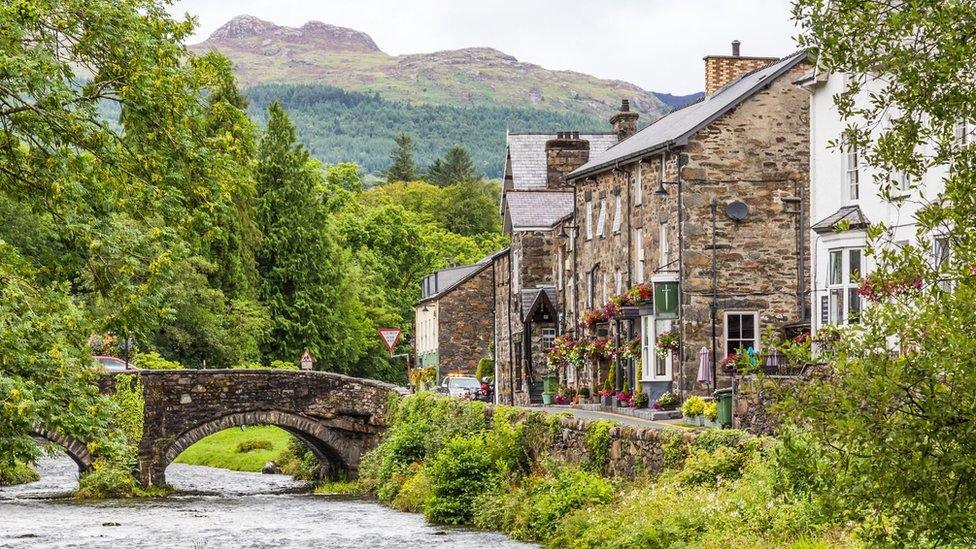
- Published3 May 2022
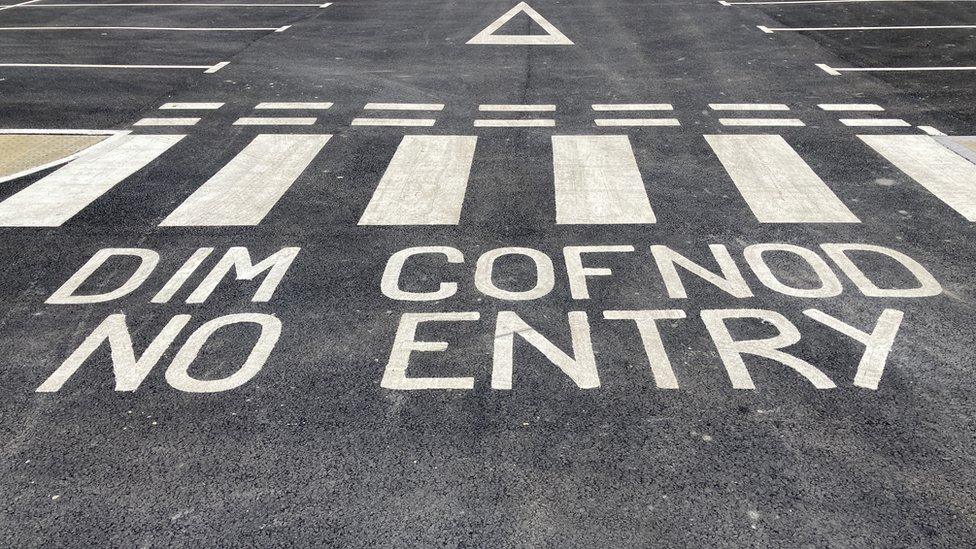
- Published1 December 2021
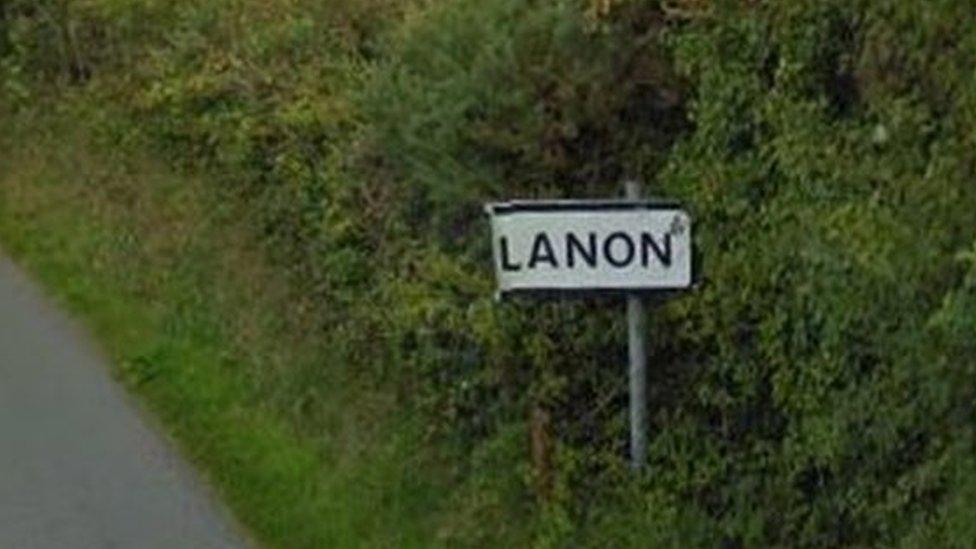
- Published24 November 2018

- Published15 July 2018
